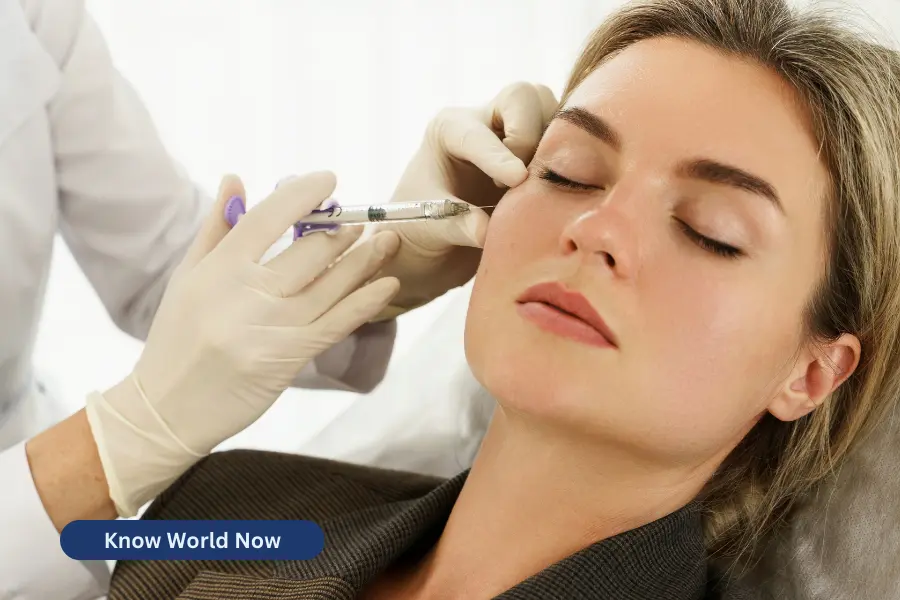Aesthetic surgery, whether minor or extensive, is a transformative experience. However, the journey doesn’t end as soon as you leave the operating room. The post-operative period plays a crucial role in determining the success of the surgery and the longevity of the results. Let’s explore some vital care guidelines to ensure you heal well and fully enjoy the fruits of your procedure.
Selecting the Right Surgeon for Comprehensive Aftercare
One of the primary determinants of your post-operative experience is the guidance you receive from your surgeon. Opting for a reputable cosmetic surgeon Perth ensures that you’re not only given top-notch treatment but also detailed aftercare instructions tailored to your specific procedure and individual needs.
Understanding the Recovery Timeline
- Immediate Recovery: The initial hours and days after surgery are usually the most challenging. Depending on the procedure, you may experience swelling, bruising, or discomfort.
- Short-Term Recovery: Over the course of a few weeks, most of the acute symptoms will subside. However, this period is still crucial for healing.
- Long-Term Recovery: Some surgeries, particularly invasive ones, may require months for full recovery. Knowing this timeline helps set realistic expectations and reduces anxiety.
Managing Pain and Discomfort
- Follow Medication Guidelines: Your surgeon will likely prescribe pain relievers. Ensure you take them as directed, and never mix them with other drugs without consulting your doctor.
- Cold Compress: For surgeries on the face or areas susceptible to swelling, gentle cold compresses can alleviate discomfort.
- Stay Elevated: Depending on the procedure, keeping the operated area elevated can reduce swelling and speed up recovery.
Hygiene and Wound Care
- Keep the Area Clean: Especially in the initial days, it’s paramount to keep the surgical site clean to prevent infections.
- Avoid Direct Water Pressure: If you’ve had incisions, avoid letting shower water hit the area directly.
- Monitor for Signs of Infection: Increased redness, sudden swelling, pus, or an unusual odor could indicate an infection. Contact your surgeon immediately if you notice any of these signs.
Nutrition and Hydration
- Stay Hydrated: Drink plenty of water to aid the body in the healing process.
- Eat Nutrient-Rich Foods: Opt for foods high in vitamins, minerals, and protein. These can facilitate wound healing and reduce recovery time.
- Avoid Alcohol and Tobacco: Both can impede the healing process. It’s best to abstain in the weeks following your procedure.
Movement and Physical Activity
- Start Slow: Gentle movements, like short walks around your home, can promote blood circulation and reduce the risk of complications like blood clots.
- Avoid Strenuous Activity: Your body needs energy to heal. Avoid exercises or activities that could strain the surgical site or deplete your energy reserves.
- Listen to Your Body: If a movement causes pain or discomfort, stop immediately and consult your surgeon.
Follow-up Appointments
- Stick to the Schedule: Your surgeon will likely schedule several post-operative check-ups. It’s vital to attend these, as they allow the surgeon to monitor your recovery and address any concerns.
- Ask Questions: Use these appointments as an opportunity to clarify any doubts or worries you might have.
Emotional Well-being
- Stay Positive: It’s natural to feel a bit down or anxious post-surgery, especially when you’re dealing with discomfort or waiting for swelling to subside to see the results. Remember, this is a temporary phase.
- Seek Support: Whether it’s from friends, family, or support groups, talking about your experience can alleviate feelings of isolation or anxiety.
- Stay Informed: Knowing what to expect at each recovery stage can reduce fears and uncertainties.
Taking care of yourself post-aesthetic surgery is as essential as the procedure itself. With the right guidelines and a proactive approach, you can ensure that your recovery is smooth and the results are everything you hoped for. Remember, always prioritize your well-being and never hesitate to reach out to your surgeon with any concerns. Your journey to rejuvenation is a collaborative one, and with proper care, its rewards can be long-lasting.







